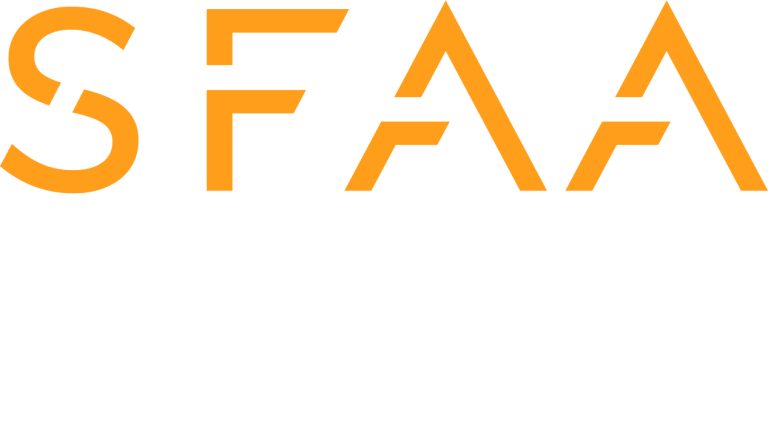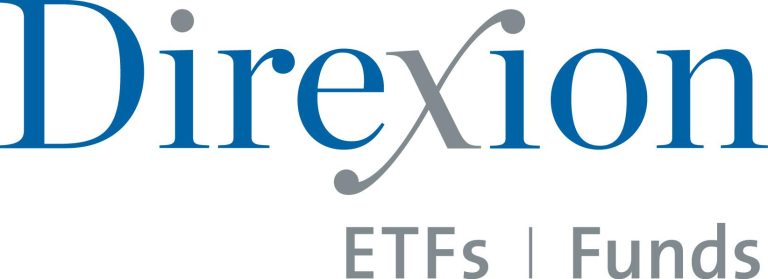We adhere to strict standards of editorial integrity to help you make decisions with confidence. Some or all links contained within this article are paid links.
Real estate mogul Grant Cardone isn’t known for holding back, even when sharing his views on investing legends like Warren Buffett.
“Warren Buffet does not buy stocks,” Cardone declared in a YouTube video. It’s a bold claim, considering Buffett is one of the most successful stock market investors of all time. But Cardone quickly clarified his stance.
“Every company Warren Buffett has ever invested in — from Coca-Cola to Apple Computers — he was taking a major position in a company, not in a piece of paper,” Cardone explained.
Don’t miss
- I’m 49 years old and have nothing saved for retirement — what should I do? Don’t panic. Here are 5 of the easiest ways you can catch up (and fast)
- Thanks to Jeff Bezos, you can now become a landlord for as little as $100 — and no, you don’t have to deal with tenants or fix freezers. Here’s how
- Gain potential quarterly income through this $1B private real estate fund — even if you’re not a millionaire. Here’s how to get started with as little as $10
According to Cardone, there’s a common thread in these investments.
“All those companies have one thing in common, what do you think it is? Cash flow,” Cardone said. “He [Buffett] didn’t invest in Apple Computers until their cash flow was so stable. He’s a coward investor. He wants to buy real companies that have real assets, and the cash flow. He wants a check every month.”
While calling Buffett a “coward investor” might sound like an insult, Cardone applies the same label to himself.
“I’m a coward investor. I don’t invest in stocks, I’ve always been a coward,” Cardone said in a recent interview.
For Cardone, cash flow is king. Owning businesses that generate reliable cash flow allows investors to earn a return without constant involvement — something Cardone sees as essential for long-term wealth.
As he put it: “if you don’t find a way to make money while you sleep, you will work until you die. In my case, I’m going to work until I die, and my money will work after I die.”
If you’re looking to put this strategy into action, here are some simple ways to get started.
Collect passive income from real estate
When it comes to assets that prioritize cash flow, Cardone has a clear favorite — real estate.
“You only buy things that produce cash flow that can’t be disrupted — like the real estate I buy,” Cardone told YouTuber Logan Paul during a 2019 appearance on the Impaulsive podcast.
Cardone went on to describe the durability of his investments. “The real estate I buy is indestructible,” he said. When Paul asked why, Cardone explained that his properties generate rents of $1,500 a month, and no matter what happens, those rents aren’t likely to drop below that level.
Cardone makes a solid point. High-quality properties can provide investors with a steady stream of passive income, which often adjusts with inflation over time. Additionally, inflation tends to push property values higher, reflecting rising costs of materials, labor and land.
The best part? You don’t need to be a real estate mogul like Cardone to take advantage of this strategy. Platforms like First National Realty Partners (FNRP) allow accredited investors to own a part of institutional-quality, grocery-anchored properties without the hassle of finding and managing deals themselves.
FNRP properties are leased to national brands like Whole Foods, CVS, Kroger and Walmart, which provide essential goods to their communities. Thanks to Triple Net (NNN) leases, investors can enjoy the potential to collect stable, grocery store-anchored income every quarter, without worrying about tenant costs cutting into the bottom line.
New investing platforms are also making it easier than ever to tap into the residential real estate market.
For accredited investors, Homeshares gives access to the $36 trillion U.S. home equity market, which has historically been the exclusive playground of institutional investors.
With a minimum investment of $25,000, investors can gain direct exposure to hundreds of owner-occupied homes in top U.S. cities through their U.S. Home Equity Fund — without the headaches of buying, owning or managing property.
With risk-adjusted internal returns ranging from 12% to 18%, this approach provides an effective, hands-off way to invest in owner-occupied residential properties across regional markets.
If you’re not an accredited investor, crowdfunding platforms like Arrived allows you to enter the real estate market for as little as $100.
Arrived offers you access to shares of SEC-qualified investments in rental homes and vacation rentals, curated and vetted for their appreciation and income potential.
Backed by world-class investors like Jeff Bezos, Arrived makes it easy to fit these properties into your investment portfolio regardless of your income level. Their flexible investment amounts and simplified process allows accredited and non-accredited investors to take advantage of this inflation-hedging asset class without any extra work on your part.
Read more: Want an extra $1,300,000 when you retire? Dave Ramsey says this 7-step plan ‘works every single time’ to kill debt, get rich in America — and that ‘anyone’ can do it
Earn passive income with high-yield savings accounts
High-yield savings accounts (HYSAs) offer a low-risk way to generate passive income while keeping your funds accessible. These accounts usually provide higher interest rates than traditional savings accounts, allowing your money to grow steadily without being tied up in long-term investments.
With so many options available, choosing the right HYSA can be overwhelming. That’s where SavingsAccounts.com comes in. This online comparison platform helps consumers evaluate high-yield savings accounts from various banks and financial institutions, offering side-by-side comparisons of interest rates, fees and key features to help you maximize your savings.
Everyone’s financial situation is different, with unique goals, income levels and risk tolerance. If you’re looking to build a passive income portfolio but aren’t sure which cash-flow investments align with your needs, it might be time to talk to a financial advisor. Finding a financial advisor that suits your specific needs and financial goals is simple with Vanguard.
Advisor.com connects you with vetted fiduciary financial advisors near you. All you have to do is answer a few simple questions about your finances, and Adivsor.com matches you with a short list of certified experts to choose from.
You can then set up an introductory meeting with no obligation to hire.
Buffett: The average person can’t pick stocks
At the end of the day, keep in mind that despite his legendary success in picking winning companies, Buffett doesn’t believe that’s the right approach for most investors.
“I do not think the average person can pick stocks,” he stated bluntly at Berkshire’s 2021 shareholders meeting.
Instead, Buffett champions a much simpler strategy, famously stating, “In my view, for most people, the best thing to do is own the S&P 500 index fund.”
This approach gives investors exposure to 500 of America’s largest companies across various industries, providing diversified exposure without the need for constant monitoring or active trading.
Buffett believes so strongly in this strategy that he has instructed 90% of his wife’s inheritance to be invested in “a very low-cost S&P 500 index fund” after he dies.
The beauty of this approach is its accessibility — anyone, regardless of wealth, can take advantage of it. Even small amounts can grow over time with tools like Acorns, a popular app that automatically invests your spare change.
Signing up for Acorns takes just minutes: link your cards, and Acorns will round up each purchase to the nearest dollar, investing the difference — your spare change — into a diversified portfolio. With Acorns, you can invest in an S&P 500 ETF with as little as $5 — and, if you sign up today, Acorns will add a $20 bonus to help you begin your investment journey.
What to read next
- Don’t have the cash to pay Uncle Sam in 2025? You may already be eligible for a ‘streamlined’ handshake with the IRS — here’s how it works and how it can potentially save you thousands
- Here are 5 ‘must have’ items that Americans (almost) always overpay for — and very quickly regret. How many are hurting you?
- Robert Kiyosaki warns of a ‘Greater Depression’ coming to the US — with millions of Americans going poor. But he says these 2 ‘easy-money’ assets will bring in great wealth. How to get in now
This article provides information only and should not be construed as advice. It is provided without warranty of any kind.


